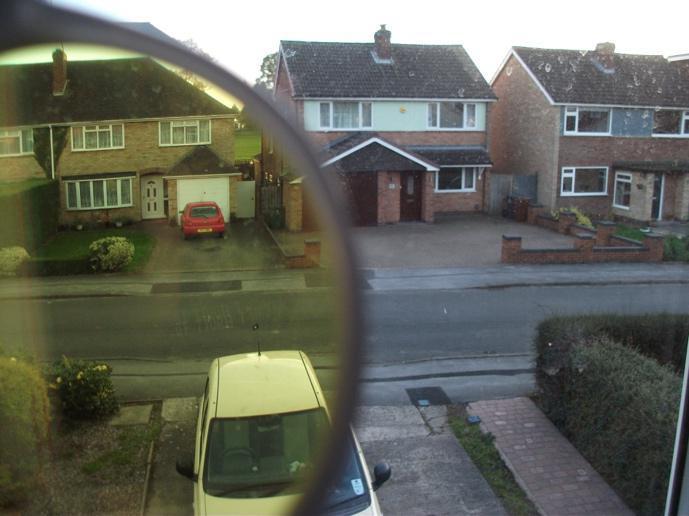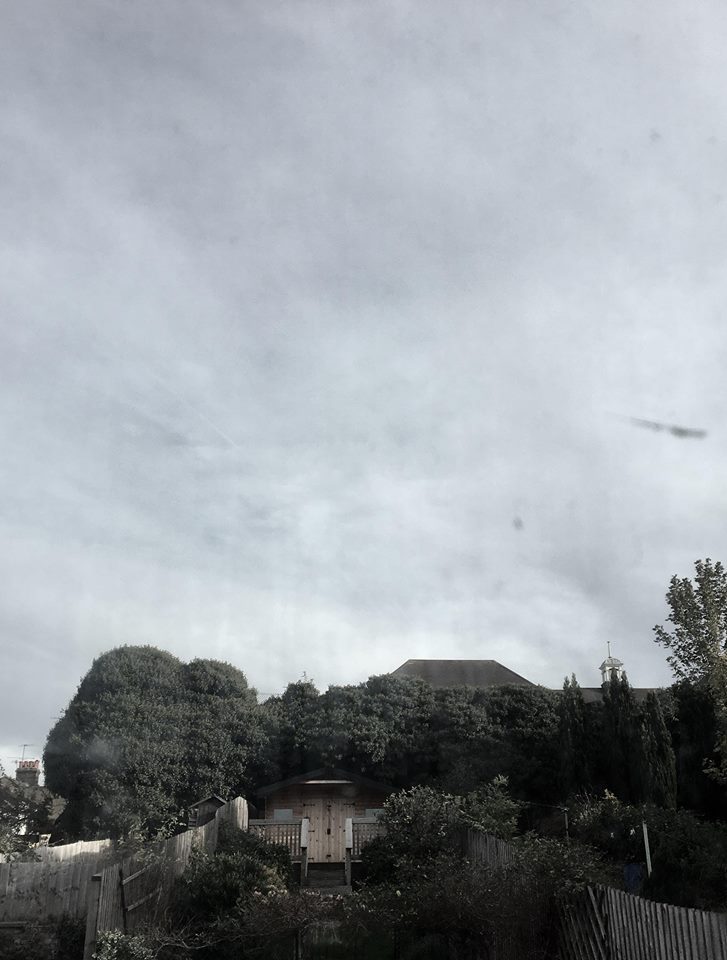It’s that time of year in the UK when the days are shorter and darkness sets in early. Many people are affected by the weather change to some extent, but Seasonal Affective Disorder is more than just feeling a bit gloomy when you look out at a grey sky. In this blog, i’m going to talk a bit about what SAD is and discuss some useful coping mechanisms with my friend Kelso. As always, we are not psychological professionals and these are from our own experiences of coping with SAD.
The Science of SAD
The main theory understood behind why some people suffer from SAD is that the reduction in sunlight affects our brains (specifically the hypothalamus) from working properly. This lack of sunshine causes a lack of melatonin and seratonin and as well as affecting your body’s natural clock.
These changes can cause depression, irritability, low mood, lethargy and sleep issues along with feeling of low self worth. SAD is so much more than not wanting to go outside because it’s grey. SAD needs to be dealt with seriously as it has the potential to seriously affect a person’s mental health. You can learn more from the NHS
Ways to make life Brighter
As with any mental health condition, there is no one solution for dealing with SAD, however with the kind help of Kelso, we have composed a list of useful coping mechanisms.
Talking Therapies
As i’ve mentioned before, i’m a huge advocate of talking therapies and Cognitive Behavioral Therapy (CBT) in particular can be very beneficial for learning to cope with the impact of SAD. CBT takes at a cause and effect view of why you’re having the reactions you have. CBT focuses on ‘core beliefs’ and can help to work on breaking down the negative ones we’ve build up over the years and are subconsciously relying on throughout life.
Even if it’s not to a professional, stay communicating and checked in. Kelso agrees, sharing ‘Even if I just send a friend a silly picture of my cat or I reply to someone’s story on Instagram, just starting that conversation is a huge help. You don’t need to tell them that you feel like crap if you don’t want to but you’re not alone in your thoughts’.

Light Box
A Light Box is a device which mimics natural outdoor light rather than artificial light to combat SAD. I haven’t used one personally so I asked my friend Kelso to describe her experience.
‘With LED lights being so cheap and readily available nowadays I can think of no reason why people aren’t filling their homes with them. The light provided by just a good white led bulb is so beneficial! Or even better, specific daylight bulbs. I have a bunch of them around the house in multiple different lamps. They’re great for crafting and for just that little boost on those particularly dark days.
But the motherload is my SAD light. I have a Phillips Lumie light and I can not begin to explain how many times it has saved me. All it takes is one hour with it on in the background while you’re reading or doing whatever and the boost it gives your energy is amazing. It’s been so good that I’ve even started saving up for one of their Lumie alarm clocks to help in those dark mornings.’
Yellow Lense Glasses

This is another device for dealing with SAD which Kelso recommends.
‘A couple of years ago I had a Councillor who was a SAD specialist and she suggested to me to try wearing Yellow lenses glasses. At that point I was willing to try anything so I got a cheap pair off the internet to give it a go, not expecting much. I wore them around the house on a very grey, stormy day and I noticed that I felt no need whatsoever to have my usual blanket time. So I did some research and it turns out that lots of sports people use yellow lenses on grey days to increase the amount of light so they can see better. It’s also an effective daily treatment for SAD and, unlike medication, it can be used safely for instant relief.
I got my current pair made at Specsavers with my normal prescription lense and I keep them with me in my handbag for if ever I need them. The only thing I will say is that you MUST remember to take them off before 5/6pm or else it is damn near impossible to get to sleep that night.’
Antidepressants
As always, there is no shame in mediating mental health issues. Some antidepressants such as selective serotonin re-uptake inhibitors (SSRIs) may be especially effective for treating SAD, and your doctor can help decide what is most likely to help.
Those who suffer with depression and medicate already may find that SAD causes their symptoms to be heightened. It may help to monitor their symptoms in case they need to change their dosage with their doctor.
Staying Active

SAD can sap your energy and make you not want to move. Of course though, exercise is an effective way of combating low mood and Kelso shared with me the importance of the morning walk she has when taking her son to school as it gives her a reason to get up and get moving, hard as it may be to do some days.
Finding ways that help you stay active and on the move is so important when dealing with SAD, as the less you do, the worse you feel. I’ve had to make myself do Yoga when suffering with it, and make myself do household chores as I know in the long run it’s worse if I don’t and i’ll feel better for having beaten the low mood.
Kelso also shared with me how helpful a Snuggle Time Cardigan has proved in staying active. ‘My usual go-to move with my depression is to bundle myself up in a blanket but the problem with that is that it restricts movement and the second I take it off I feel even more cold than before which makes things worse not better. So I went to the shop and bought myself the largest, cuddliest cardigan I could find. It’s brightly coloured and super snuggly. So now when I feel down or cold, I put my cardigan on instead and it gives me the freedom to move around to make sure I can still get food and drink or I can even wear it out in public when I’m not feeling my best.’
If you think you’re struggling with SAD
Please know you’re not alone! Try reaching out to your GP or a mental health charity like Mind for help. Mind have loads of other ideas for dealing with SAD and can offer further advice Here Your doctor can also refer you to SAD specialists who can look at the issue in further detail.
I hope that this has been helpful and a huge thank you to Kelso for her input about her experiences with SAD <3
Laters,
Ruthy xo
Originally published at d2shine.co.uk


